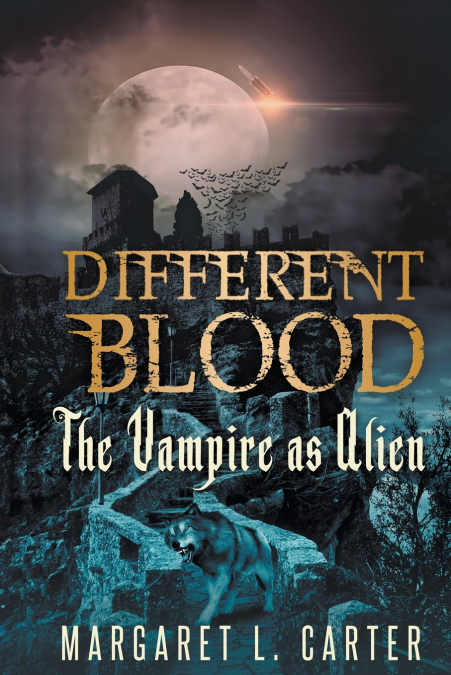
 Librería Perelló (Valencia)
Librería Perelló (Valencia)
 Librería Aciertas (Toledo)
Librería Aciertas (Toledo)
 El AlmaZen del Alquimista (Sevilla)
El AlmaZen del Alquimista (Sevilla)
 Librería Elías (Asturias)
Librería Elías (Asturias)
 Librería Kolima (Madrid)
Librería Kolima (Madrid)
 Donde los libros
Donde los libros
 Librería Proteo (Málaga)
Librería Proteo (Málaga)
Different blood flows in their veins--but our blood quenches their thirst. From Bram Stoker’s 1897 creation of Count Dracula, portrayed as a foreign invader bent on the conquest of England, the literary vampire has symbolized the Other, whether his or her otherness arises from racial, ethnic, sexual, or species difference. Even before the bloodsucking Martians of H. G. Wells’ War of the Worlds, however, popular fiction contained a few vampires who were members of alien species rather than supernatural undead.Even more intriguing than interplanetary invaders are humanoid and quasi-humanoid beings who have evolved to live on Earth among us, often camouflaged as our own kind. The boom in vampire fiction that began in the 1970s engendered a variety of 'alien' vampires, many of them portrayed as sympathetic characters. The science fiction vampire is especially suited to the presentation of vampirism as morally neutral rather than inherently evil.Different Blood surveys the literary vampire as alien, whether extra-terrestrial or a different species evolved on Earth, from the mid-1800s to the 1990s, and analyzes the many uses to which science fiction and fantasy authors have put this theme. Their works explore issues of species, race, ecological responsibility, gender, eroticism, xenophobia, parasitism, symbiosis, intimacy, and the bridging of differences. An extensive bibliography lists dozens of novels and short stories on the 'vampire as alien' theme, many of which are still in print.